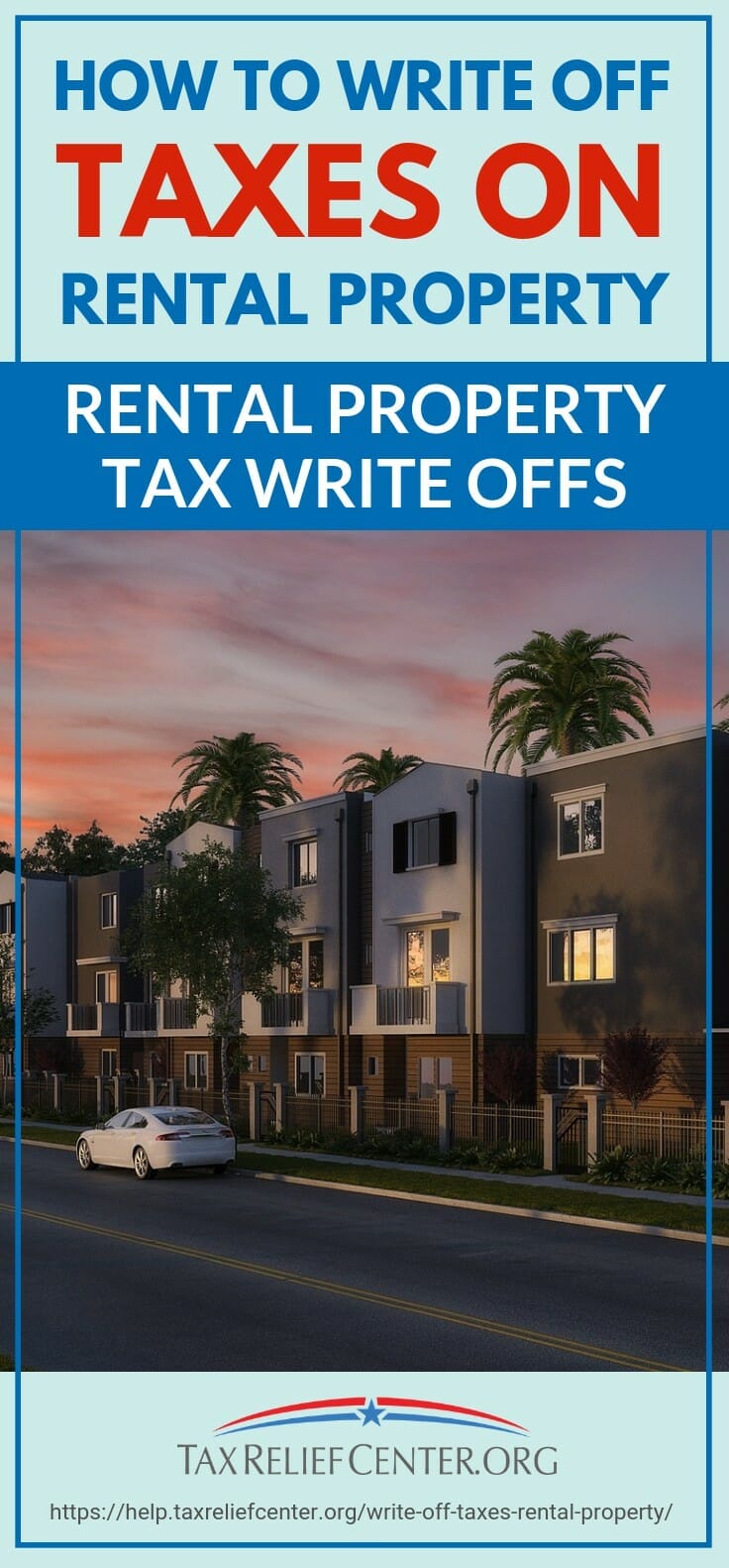Learning how to write off taxes on rental property is one of the strategies anyone who collects rent needs to know. Know how to claim the right deductions here.
Write Off Taxes on Rental Property and Pay Less on Your Real Estate Investment
In This Article:
What Is Rental Income?
The first thing you need to know on how to write off taxes on rental property is the definition of rental income.
Rental income covers not only the rent you receive per month but all the advance incomes you receive. To explain, imagine your tenants giving a 3-month advance for 2018 in December 2017. Those payments may be for the next year, but you still need to report them on your 2017 tax year because that is when you received them.
If you have your tenants pay the last month’s rent when they move in, that also counts as an advance payment and needs to be reported as rental income.
In contrast, security deposits do not count as income right away, but if you keep any of the deposit when your tenant moves out, you have to report that amount as income. Similarly, if you charge your tenant for canceling the lease, that is also rental income.
Finally, if you accept trade in exchange for rent, you have to report the fair market value of the rent as income. For example, your tenant offers to paint the property in exchange for two months of rent. Normally, you charge $1,000 per month, so you should report $2,000 as rental income, even though you did not receive any cash.
Defining Business Expenses
Luckily, when you own an investment property, you can to write off taxes on rental property by claiming certain expenses. In other words, you recognize the tax deductions related to running it. In the process, you can reduce your taxable income.
To determine if your tax write-offs are legitimate, the IRS uses a pretty basic litmus test:
- Are the expenses necessary?
- Are the expenses ordinary?
The first question simply refers to whether or not the expense is necessary for your business. The second one takes into account whether or not other businesses in your industry are likely to claim similar expenses.
For instance, if you do lawn maintenance for your rental properties, a rake can be considered a necessary expense, and it is likely to be something that many other investment property owners buy. However, a rake with a diamond-encrusted handle is not necessary or ordinary.
Some of the rental expenses you can claim as deductions and write off taxes on rental property are the following:
- Advertising for tenants
- Payments you make to property management companies
- Utility costs
- Insurance on your property
- Interest on mortgages or other loans you take out for your rental property
- Cleaning supplies
- Basic purchases for the property such as window treatments, screens, etc.
- Lawn maintenance supplies (grass seed, tools, etc.)
- Fees paid to cleaners, maintenance people, etc.
- Property taxes
- Miscellaneous expenses such as office supplies
- Mileage for driving to the rental property
At this point, you may be wondering about the cost of the property itself. You can write that expense, but it is considered a capital expense so the process is slightly different.
Capital Expenses for Rental Properties
As a rule of thumb, any significant expenses you make for your rental property are considered capital expenses, and you have to write them off slowly over time through depreciation deductions. That includes major renovations, HVAC systems, appliances, and similar large expenses.
To know how much to deduct each year, the IRS sorts capital expenses into a variety of categories based on how long it takes to depreciate the asset. For instance, vehicles are five-year property and residential rental property falls into the 25-year category.
If you buy a vehicle to use for your investment property company, you write off 20% of its value each year for 5 years. For the rental property itself, you write off about 4% of its value every year over a 25-year period.
You can also write off taxes on rental property by using a loophole that allows you to write off some capital expenses in the year of purchase. As of 2017, Section 179 allows you to claim capital expenses for your business as long as their value is under $510,000.
You cannot use Section 179 to write off land, land improvements such as fences or driveways, or permanent structures. However, it can be useful when you buy powered lawn equipment, appliances, and similar items to use at your rental properties.
Personal and Business Expenses
Sometimes, you may buy a property for both personal and commercial (or business) use. In these situations, you need to figure out which portion of the purchase is for personal use and which is for business use.
Take, for example, a laptop. Let us say you use it 75% of the time for personal purposes and 25% of the time for business. It means you can write off 25% of its cost as a business deduction.
How to Write Off Taxes on Rental Property
To report rental income and expenses, use Schedule E of Form 1040. Then, use Form 4562 to report your capital expenses. Ultimately, you take numbers from these forms and transfer them to your 1040 Form.
If you forgot to claim some of these expenses on your previous tax returns, you may want to submit an amended tax return using Form 1040X. You have three years from the date you filed or two years from the date you paid to make the changes.
According to the IRS, you can use the latter of these two dates, so if you have not paid your tax bill yet, you may still be able to make the changes, reduce how much you owe, and save money.
Learn more about the deductions you can use to write off taxes on rental property from this Morris Invest video:
To keep your tax liability as low as possible, you need to claim your expenses and write off taxes on rental property. To ensure you do not forget anything, you may want to use accounting software such as QuickBooks Self Employed. If you have back taxes, you can get help. Contact us at Tax Relief, and we will put you in touch with a specialist who can help you negotiate with the IRS.
Have you tried to write off taxes on rental property? Which expenses did you claim? Tell us your thoughts in the comments section below.
Up Next: What Is A Property Tax Calculator?



